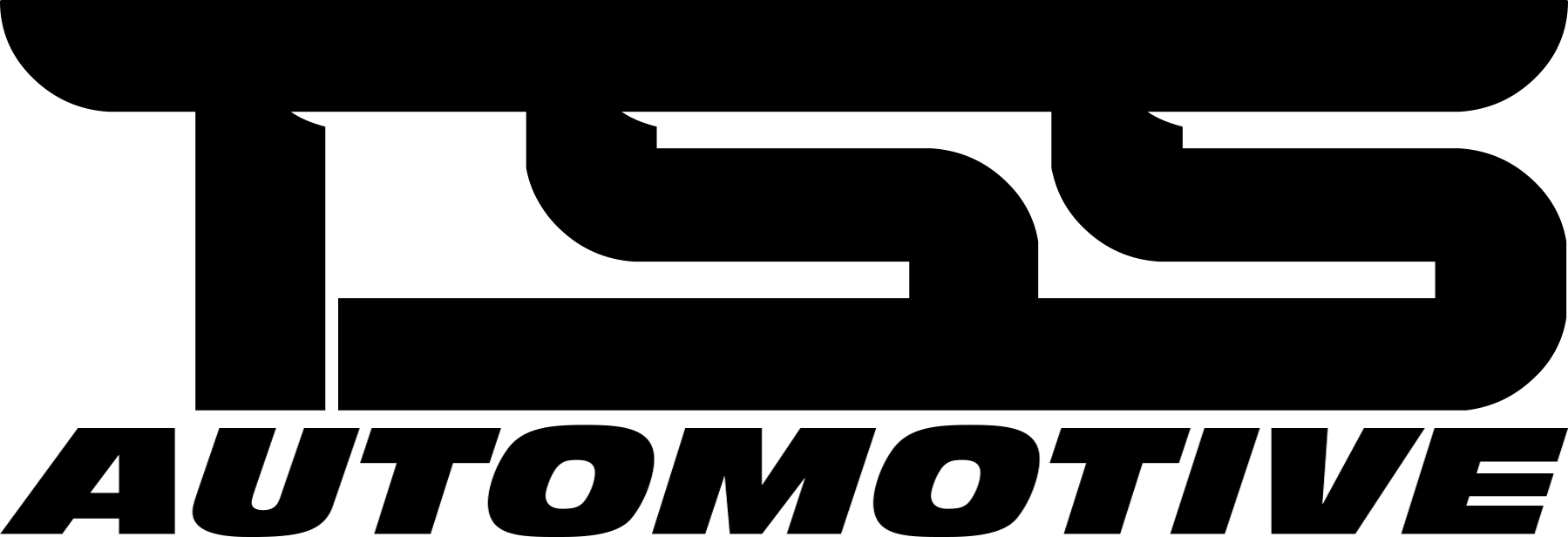Welcome to TSS Auto, your trusted automotive partner located in the heart of Vancouver, BC. We understand how vital regular vehicle maintenance is for ensuring a smooth and hassle-free driving experience. Among the essential services we provide, fluid changes stand out as a critical yet often overlooked aspect of vehicle care.
Why Are Fluid Changes Important?
Fluids in your vehicle play a crucial role in maintaining optimal performance and longevity. From engine oil to transmission fluid, each serves a specific function, ensuring that your vehicle runs smoothly and efficiently. At TSS Auto, we know that neglecting regular fluid changes can lead to diminished performance and costly repairs down the line.
Types of Fluids and Their Functions
Understanding the various fluids your vehicle requires can help you make informed decisions about maintenance. Here are some key fluids and their purposes:
1. Engine Oil
Engine oil is the lifeblood of your vehicle's engine, lubricating and cooling its components. Regular oil changes help maintain engine efficiency and prevent overheating.
2. Transmission Fluid
This fluid ensures smooth gear shifting and extends the transmission's lifespan. Our team at TSS Auto always recommends regular checks and changes to keep your transmission in top condition.
3. Brake Fluid
Brake fluid is critical for your vehicle's braking system. It needs to be maintained at proper levels to ensure safety and effective braking performance.
4. Coolant
Coolant helps to regulate your engine's temperature, preventing it from overheating in the summer and freezing in the winter. Regular inspection can avoid engine damage.
5. Power Steering Fluid
This fluid ensures the smooth operation of your vehicle's steering system. Over time, it can deteriorate, making regular changes essential to avoid steering issues.
How Often Should You Change Vehicle Fluids?
Every vehicle is unique, and so are its maintenance needs. At TSS Auto in Vancouver, BC, we tailor our fluid change services based on your vehicle's specific make and model. However, we recommend following these general guidelines:
Engine Oil
Aim for every 5,000 to 7,500 kilometers, though this can vary based on the type of oil and driving conditions.
Transmission Fluid
Consider changing every 50,000 to 100,000 kilometers. Our technicians can help determine the ideal schedule for your vehicle.
Brake Fluid
Generally, change every two years to maintain braking efficiency.
Coolant
Change every 50,000 to 100,000 kilometers to keep the engine cooling system effective.
Power Steering Fluid
Inspect at every service, and change as needed based on visual examination and vehicle performance.
The TSS Auto Advantage
When it comes to fluid changes in Vancouver, BC, TSS Auto offers unmatched expertise and care. Our skilled technicians use only high-quality fluids and advanced equipment to ensure your vehicle receives the best possible service. We pride ourselves on our attention to detail and commitment to customer satisfaction.
In addition to fluid changes, we provide comprehensive diagnostics to catch potential issues early, saving you both time and money. Whether it's your daily driver or a cherished classic, we treat every vehicle with the utmost respect and care.
Empower Yourself with Knowledge
Regular fluid maintenance doesn't just boost your vehicle's performance—it prolongs its life, enhances fuel efficiency, and ensures safety on the road. By staying informed and proactive about fluid changes, you’re making a wise investment in your vehicle's future.
At TSS Auto, we’re here to empower you with the knowledge and services you need. Join our community of satisfied drivers in Vancouver, BC, and experience the difference in automotive care. Visit us today and let our expert team keep your vehicle running smoothly, just as it should.






